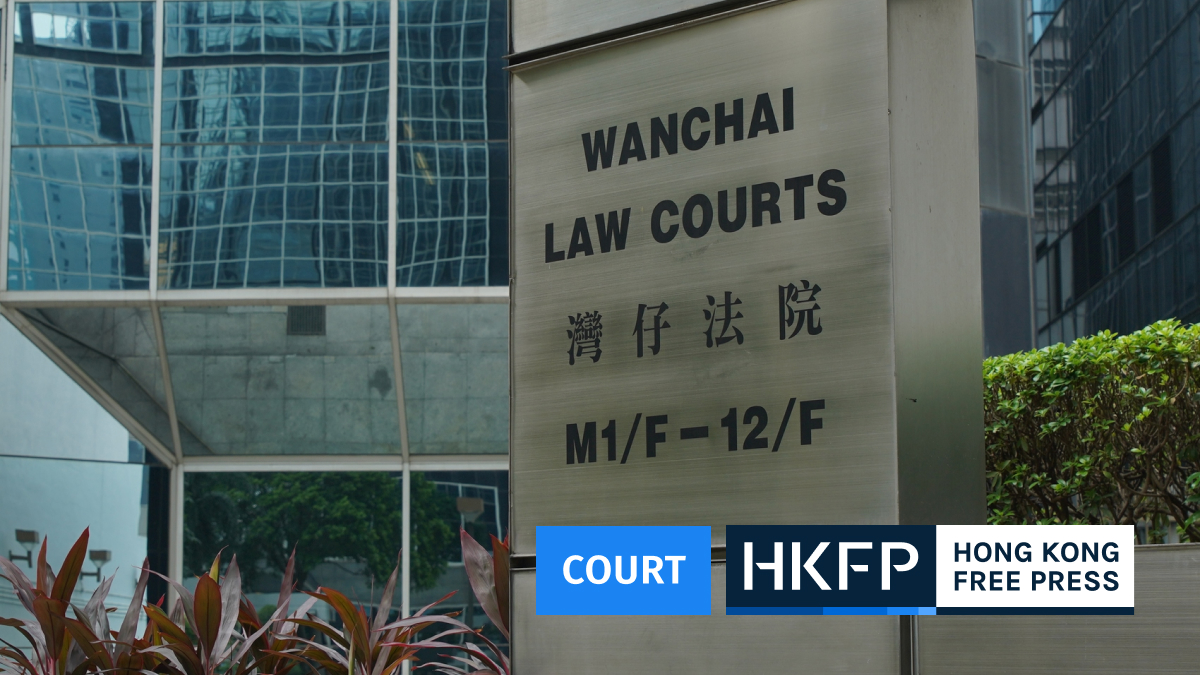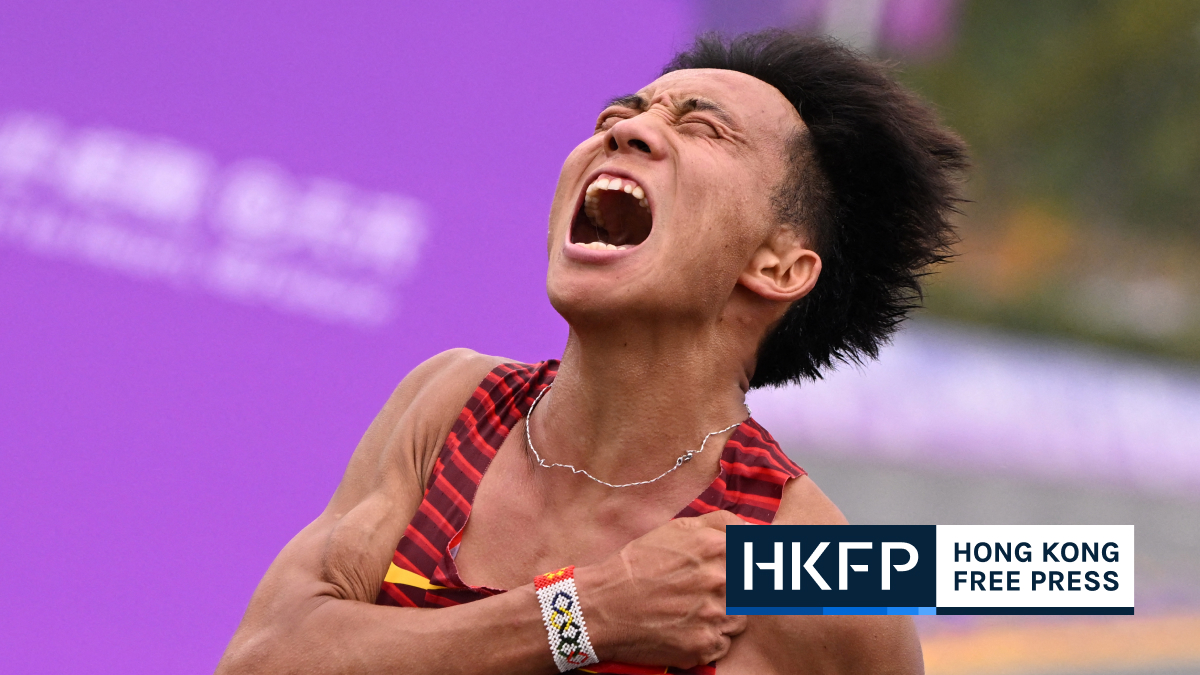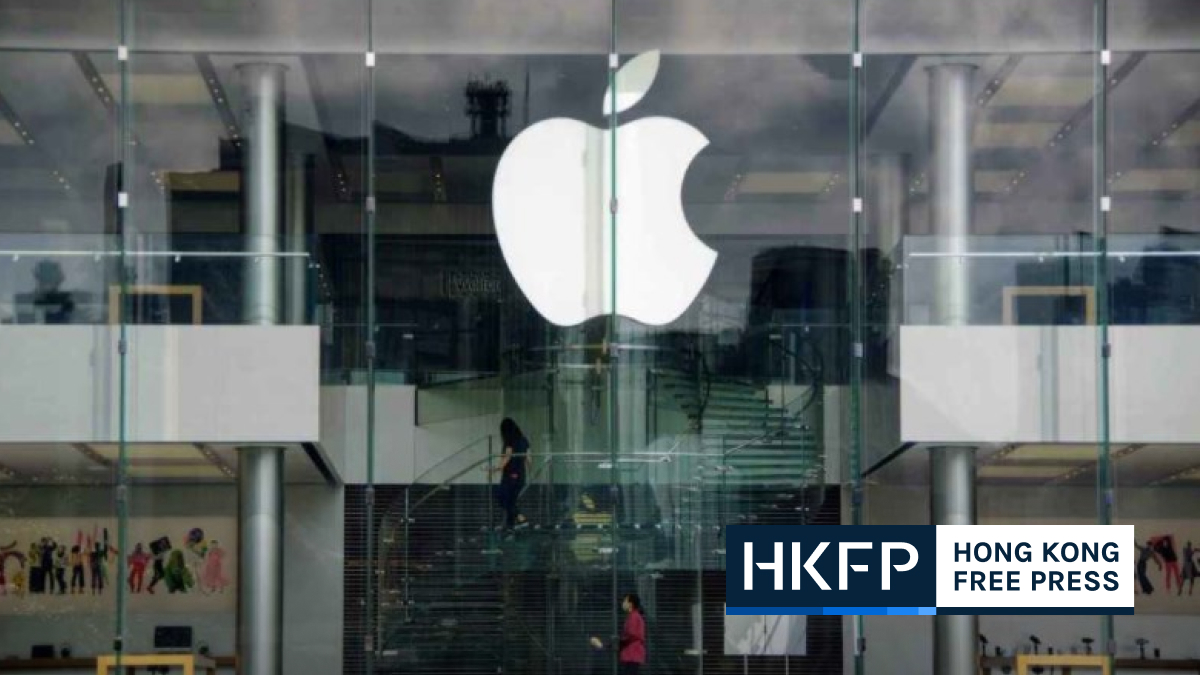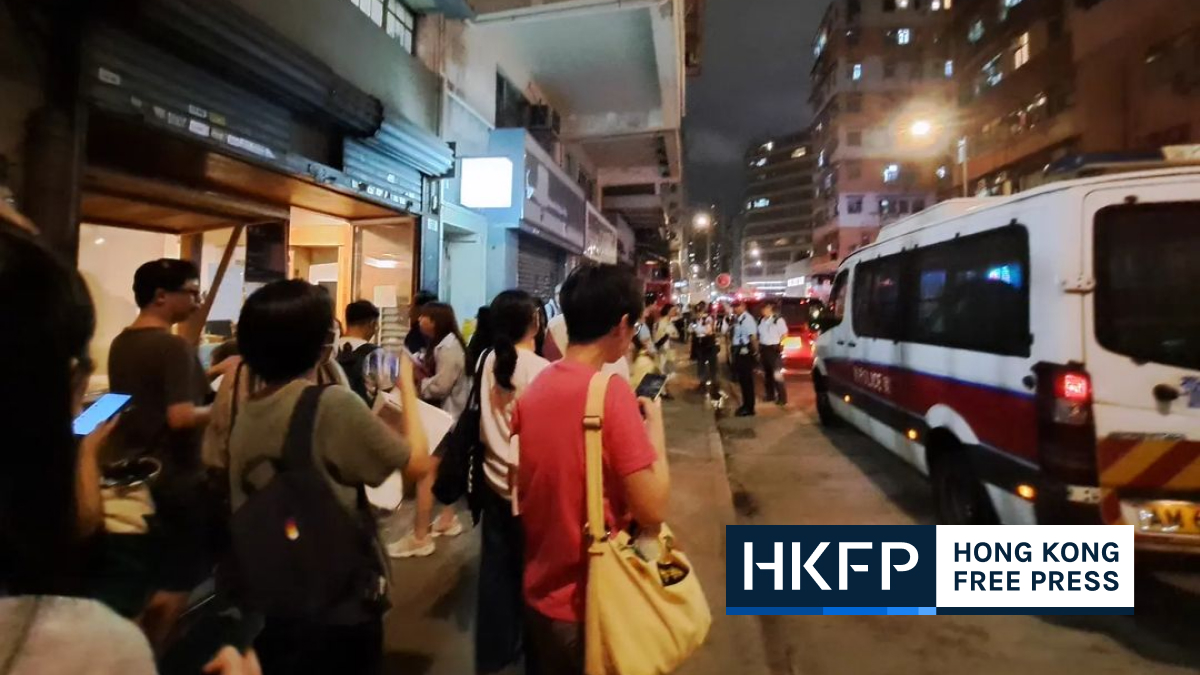By Amber Wang with Sebastien Ricci in Pingtan
Taiwan blasted its “evil neighbour next door” on Friday after China encircled the island with a series of huge military drills that were condemned by the United States and other Western allies.
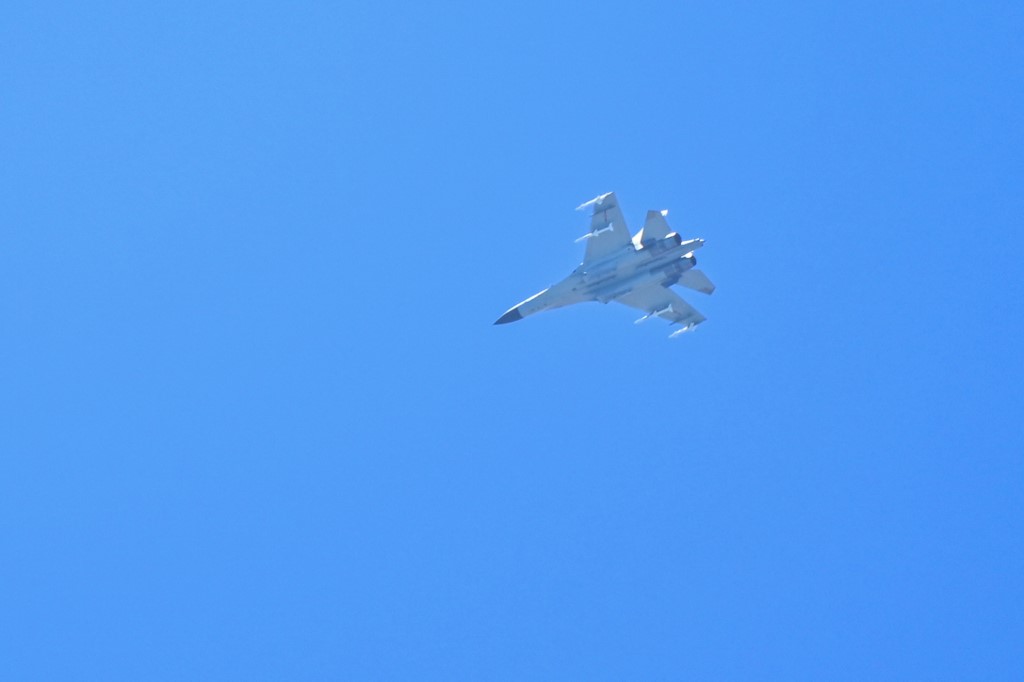
During Thursday’s military exercises, which continued Friday, China fired ballistic missiles and deployed both fighter jets and warships around Taiwan.
The People’s Liberation Army declared multiple no-go danger zones around Taiwan, straddling some of the busiest shipping lanes in the world and at some points coming within 20 kilometres (12 miles) of the island’s shores.
Beijing has said the exercises will continue until midday Sunday, and Taipei reported that Chinese fighter jets and ships crossed the “median line” that runs down the Taiwan Strait on Friday morning.
“As of 11am, multiple batches of Chinese warplanes and warships conducted exercises around the Taiwan Strait and crossed the median line of the strait,” Taipei’s defence ministry said in a statement.
The median line is an unofficial but once largely adhered-to border that runs down the middle of the Taiwan Strait, which separates Taiwan and China.
Chinese incursions have become more common since Beijing declared in 2020 that the unofficial border no longer existed.
Beijing has called its war games a “necessary” response to a visit to the self-ruled, democratic island by US House Speaker Nancy Pelosi, but Washington countered that China’s leaders had “chosen to overreact”.
Pelosi defended her visit Friday, saying Washington will “not allow” China to isolate Taiwan.
“We have said from the start that our representation here is not about changing the status quo here in Asia, changing the status quo in Taiwan,” she told reporters in Tokyo on the final leg of an Asia tour.

Taiwan’s premier Su Tseng-chang, meanwhile, called for allies to push for de-escalation.
“(We) didn’t expect that the evil neighbour next door would show off its power at our door and arbitrarily jeopardise the busiest waterways in the world with its military exercises,” he told reporters.
Missiles over Taiwan
China’s drills involved a “conventional missile firepower assault” in waters to the east of Taiwan, the Chinese military said.
The state-run Xinhua news agency said the Chinese army “flew more than 100 warplanes including fighters and bombers” during the exercises, as well as “over 10 destroyers and frigates”.
State broadcaster CCTV reported that Chinese missiles had flown directly over Taiwan.
Japan also claimed that of the nine missiles it had detected, four were “believed to have flown over Taiwan’s main island”.
Taipei’s military said it would not confirm missile flight paths, in a bid to protect its intelligence capabilities and not allow China “to intimidate us”.
‘Temperature’s pretty high’
China’s ruling Communist Party views Taiwan as part of its territory and has vowed to one day take it, by force if necessary.
But the scale and intensity of the drills have triggered outrage in the United States and other democracies.
“China has chosen to overreact and use the speaker’s visit as a pretext to increase provocative military activity in and around the Taiwan Strait,” John Kirby, a White House spokesman, told reporters.
“The temperature’s pretty high,” but tensions “can come down very easily by just having the Chinese stop these very aggressive military drills”, he added.

Japan lodged a formal diplomatic complaint against Beijing, with five of the missiles believed to have landed in its exclusive economic zone.
Prime Minister Fumio Kishida called China’s exercises a “serious problem that impacts our national security and the safety of our citizens” and called for an “immediate cancellation of the military drills”.
But Chinese Foreign Minister Wang Yi said the “flagrant provocation” by the United States had set an “egregious precedent”.
Trading places
The manoeuvres are taking place along some of the busiest shipping routes on the planet, used to supply vital semiconductors and electronic equipment produced in East Asian factory hubs to global markets.
Taiwan’s Maritime and Port Bureau has warned ships to avoid the areas being used for the Chinese drills.
“The shutting down of these transport routes — even temporarily — has consequences not only for Taiwan, but also trade flows tied to Japan and South Korea,” Nick Marro, the Economist Intelligence Unit’s lead analyst for global trade, wrote in a note.
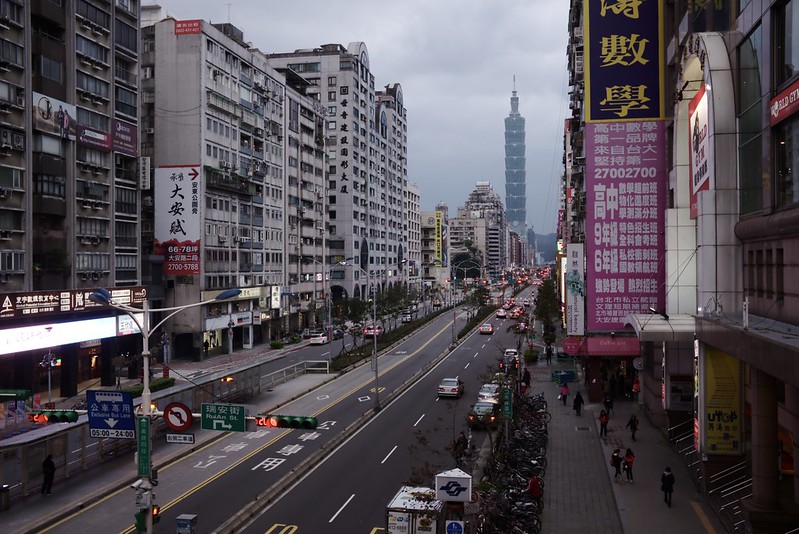
Taiwan said the drills would disrupt 18 international routes passing through its flight information region while several international airlines told AFP they would divert flights.
But markets in Taipei appeared to shrug off the tensions, with the Taiwan Taiex Shipping and Transportation Index, which tracks major shipping and airline stocks, up 2.3 percent early Friday.
And analysts broadly agree that despite all its aggressive posturing, Beijing does not want an active military conflict against the United States and its allies over Taiwan — just yet.
“The last thing Xi wants is an accidental war ignited,” Titus Chen, an associate professor of political science at the National Sun Yat-Sen University in Taiwan, told AFP.
Support HKFP | Policies & Ethics | Error/typo? | Contact Us | Newsletter | Transparency & Annual Report | Apps
Help safeguard press freedom & keep HKFP free for all readers by supporting our team

LATEST FROM HKFP
HKFP has an impartial stance, transparent funding, and balanced coverage guided by an Ethics Code and Corrections Policy.
Support press freedom & help us surpass 1,000 monthly Patrons: 100% independent, governed by an ethics code & not-for-profit.




